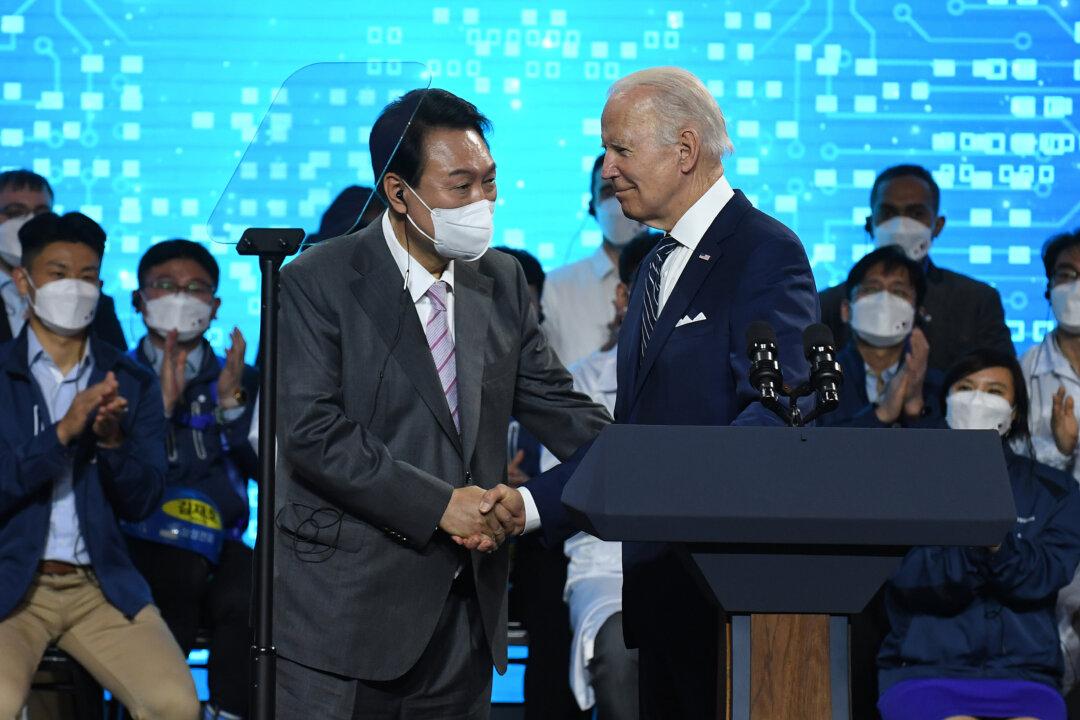South Korea once again faces a significant strategic dilemma amid growing calls to participate in the U.S.-led chip alliance designed to decouple countries from China. The semiconductor powerhouse was asked to make a decision by the end of August.
The United States has reportedly asked South Korea to inform it whether it will join the “Chip 4 alliance” by Aug. 31, according to local South Korean reports citing unnamed sources in Washington.





